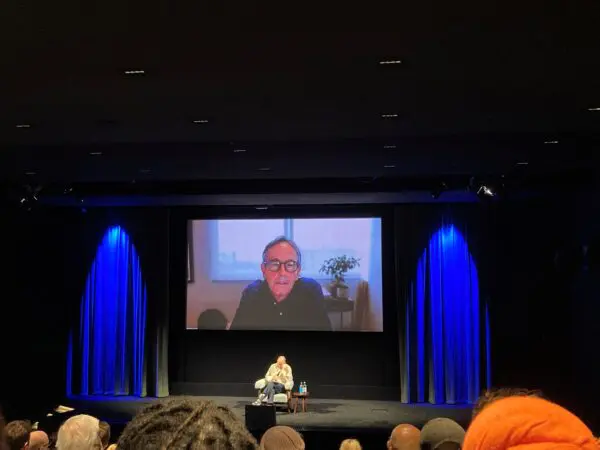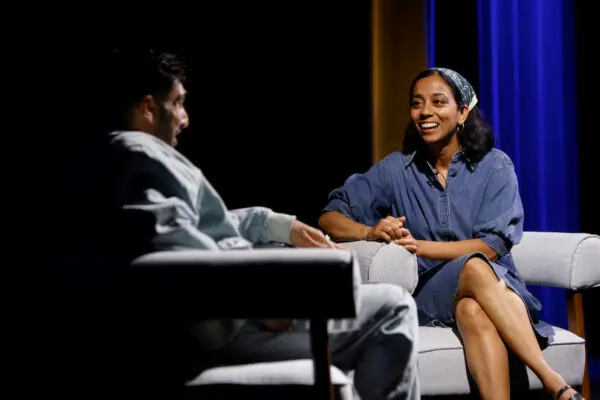The woman who reimagined Margaret Thatcher’s ailing years for the silver screen, Abi Morgan has proved her impressive range across film, television, and beyond, time and again. Creating memorable works such as The Iron Lady, Shame and The Hour.
Speaking candidly as part of BAFTA’s 2012 Screenwriters’ Lecture Series she noted the importance of knowing nothing. And talked about the benefits of endless redrafts and her search for something beyond the real.
In a bold opening gambit Morgan quoted Socrates saying: “I know one thing, that I know nothing.” Before then settling behind the podium to deliver her Screenwriters’ Lecture where she revealed that for her screenwriting is a pursuit of something out of nothing. It is the search for the missing puzzle piece that allows everything to fall into place. “I don’t quite know where it fits,” she explained, “but know it might prove to be the most important and vital piece.”









